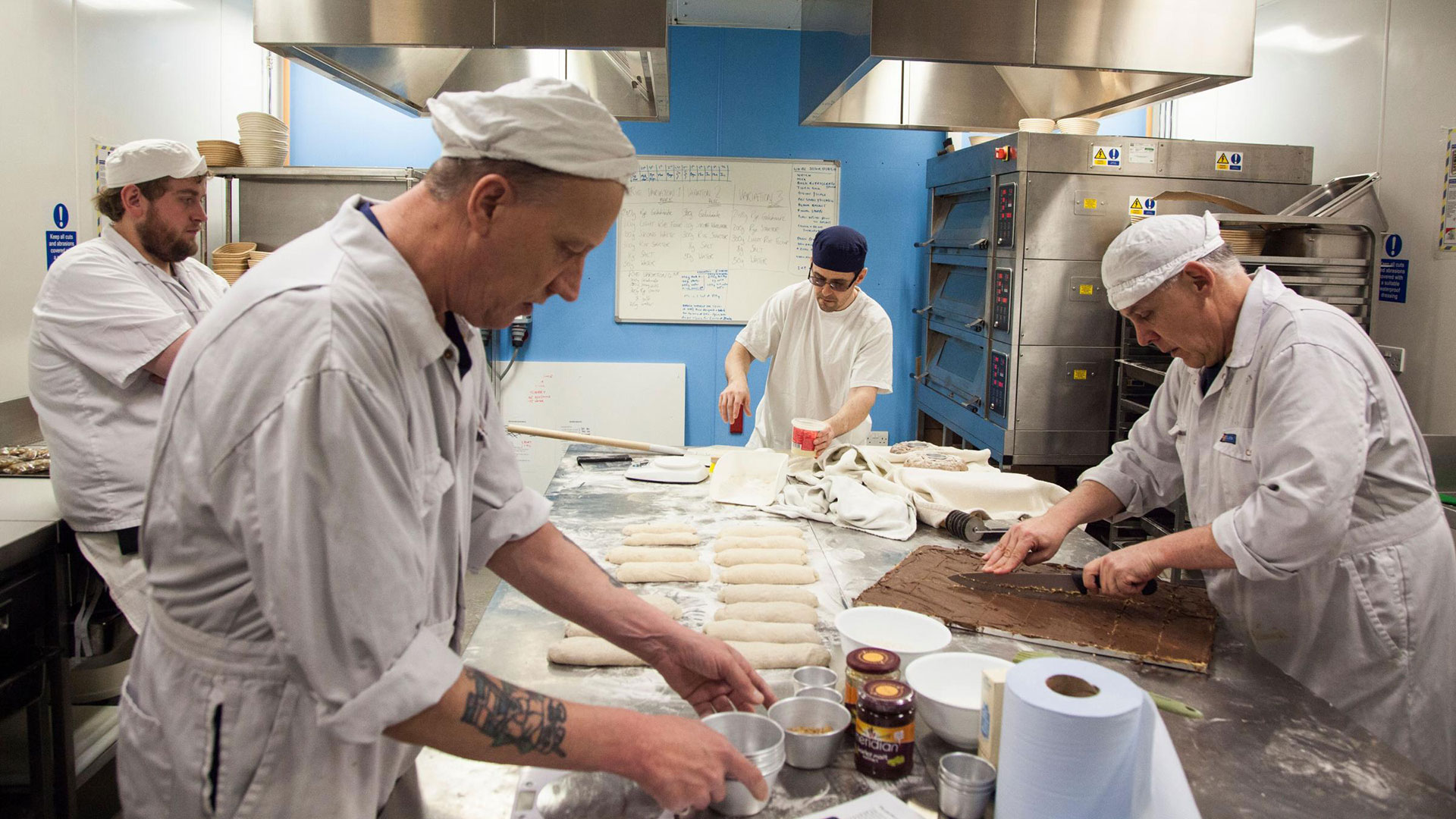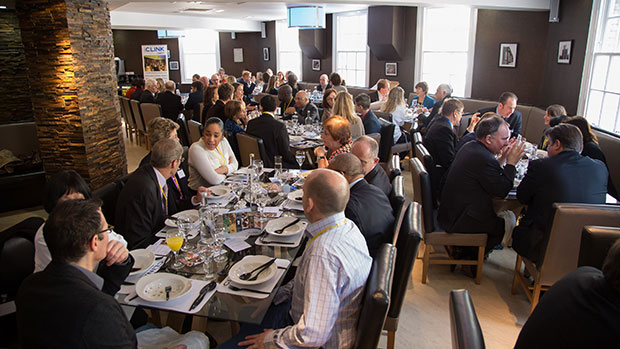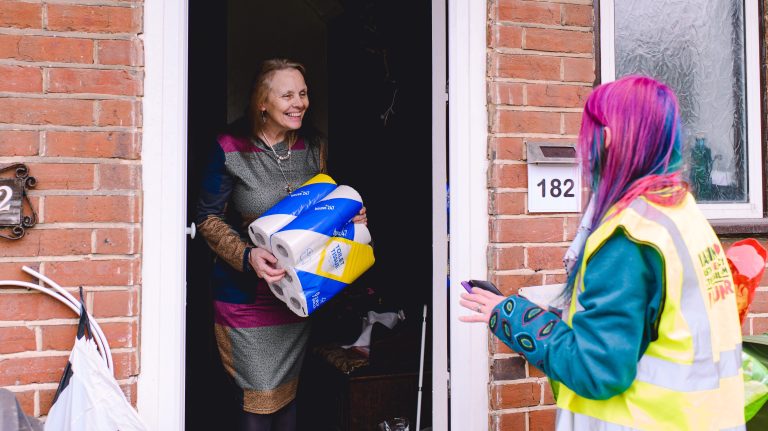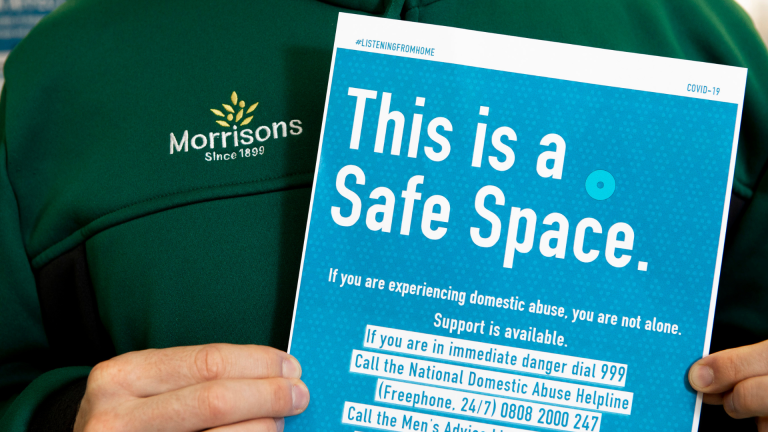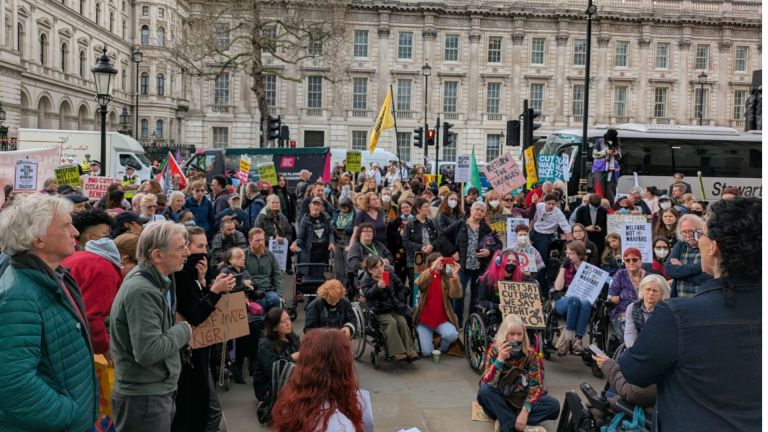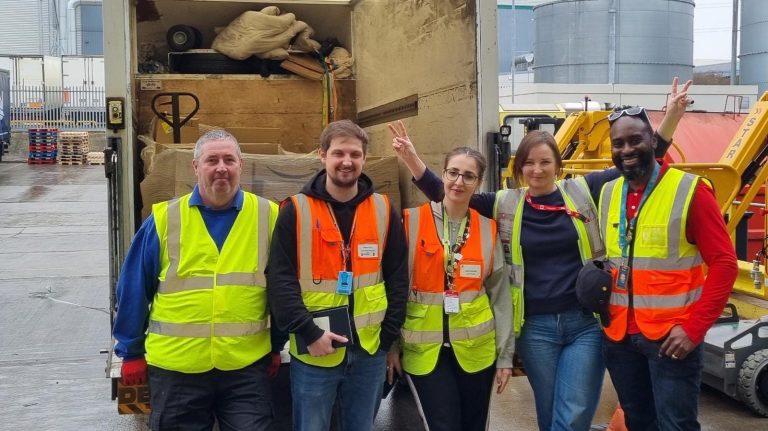Every time No 10 turns its attention to the British prison estate and comes up with a few proposals, the public is promised a major “overhaul” or “shake-up” of the system. David Cameron is the latest prime minister to do so, making the bold claim his 2016 reforms will be “the biggest shake-up of prisons since the Victorian era”.
Surprisingly, penal reform campaigners have given Cameron’s reform plan a cautious welcome. Everyone agrees the high level of reoffending remains the biggest problem: 46 per cent of all prisoners reoffend within a year of release; 60 per cent of short-sentence prisoners reoffend in the same period. Reoffending costs the country £13bn a year.
Encouragingly, Cameron recognises the need to get more extensive, engaging forms of rehabilitation going on inside prisons, and after prisoners are released. So league tables will now be published showing how successful prisons are at cutting reoffending and helping inmates find jobs. The Prime Minister also wants to change the rules so ex-offenders can apply for jobs without declaring any convictions, at least initially, to have a better chance of getting interviews.
And perhaps most significantly, governors will be given autonomy over their operation and budgets. It means they will be set free to commission more of the bold rehabilitation projects already going on in some British prisons.
The Prime Minister also wants to change the rules so ex-offenders can apply for jobs without declaring any convictions
Frances Crook, chief executive of the Howard League for Penal Reform, says it “opens up a space for radical and rational thinking”. Britain’s charities and social enterprises are ready to step into that space, brimming with radical and rational ideas on how to break the cycle of reoffending.
Work – and the promise of it – is often the key. Take the Freedom Bakery, a social enterprise allowed to set up an artisan bakery inside HMP Low Moss outside Glasgow. Trained prisoners are then offered help getting work upon their release. Or the Clink Charity, a London-based food and catering initiative which runs a training programme inside prison kitchens, then mentors people towards permanent work in the hospitality industry after they get out.
